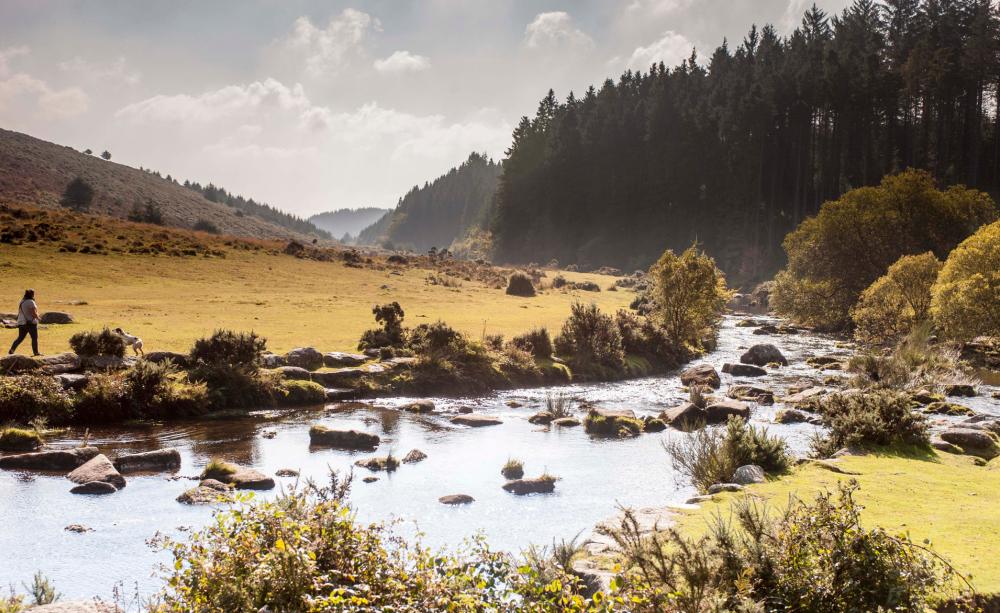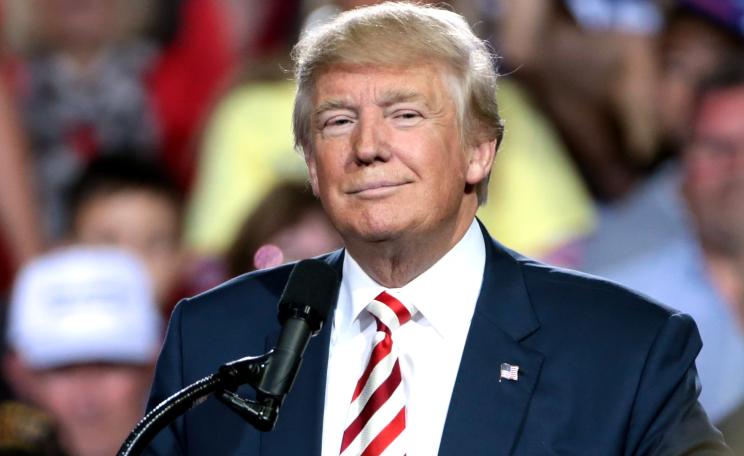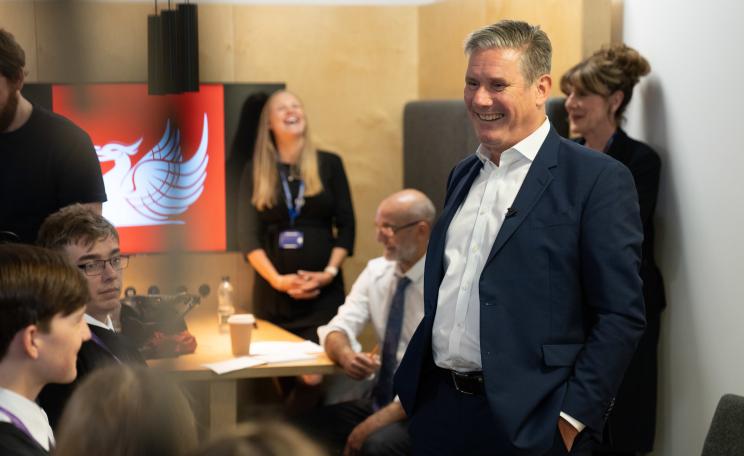This would involve creating a fairer, more just economic system, with community and society at its heart.
The coronavirus outbreak has rightly dominated the headlines over recent months. The number of fatalities as well as the changes made to daily life have been huge, and resulted in rapid change in working, social and economic conditions.
Recently, media narratives have shifted to exit strategies, and the risk to national and global economies.
Within the news coverage, there have also been occasional ‘good news’ stories about the environment, such as air pollution levels falling, benefits to wildlife and reduced carbon emissions.
Nature-based
In reality, coronavirus has brought long neglected economic, social and political issues to the forefront of our attention (for example, the underfunding of the NHS and social care in the UK, and the role of the state, rather than the private sector, especially when dealing with emergencies).
Rather than allowing our economic system to ‘bounce back’ to ‘normal’, we need a new trajectory to collectively address the issues of inequality and economic hardship exposed, and caused, by the coronavirus lockdown, while ensuring we avoid the bigger problem of environmental breakdown clearly looming on the horizon.
In our recent work, completed before the coronavirus outbreak, we showed there were two clear strategies to address the combined environmental threats of pollution, climate change and biodiversity loss.
The first of these were nature-based solutions, which are not just about tree planting, but also regeneration and proper care of forests, peatlands, seagrass and saltmarsh, mangroves and many other habitats which capture carbon.
The second were changes in national economic strategies, such as full implementation of the Green New Deal for Europe to include not just focus on insulation and renewable energy (as some weaker proposals for Green New Deals have), but also removal of fossil fuel subsidies, increases in carbon tax and removing the focus on economic growth.
This would involve creating a fairer, more just economic system, with community and society at its heart.
Employment
Plans which involve lower working hours (in developed countries) and localisation of many important environmental decisions, such as food and power, also fared well in our models.
Despite government bailouts, the coronavirus lockdown is likely to cause big increases in unemployment, and closures of many businesses, especially smaller local businesses.
Indeed, despite the government ensuring 80 percent of loans to businesses are secured, banks are refusing loan applications to many small businesses in the UK, potentially decimating local facilities and communities in the long run.
However, in some ways, the sense of local community has grown, through local WhatsApp groups, neighbourhood quiz nights on Zoom, doorstep clapping for health workers, and looking out for the more vulnerable in our communities.
Policies which promote and provide money directly to local businesses, especially in relation to Green New Deal policies such as localised energy and house insulation will maintain the focus on community as well as providing opportunities for high quality employment at a local level.
Low carbon
While we hear of the environmental benefits caused by the lockdown, these do need to be approached with caution.
For example, while carbon emissions from travel are down considerably, the overall carbon reductions for 2020 are predicted to be only down around 5.5 percent (i.e. not yet at the 7.6 percent target to meet the IPCC goals), meaning the scale of the change needed to address climate change is huge, and needs considerable investment to be achieved.
Furthermore, the long-term impacts on climate mitigation appear to be costly. Advances in renewables have been stalled and investment into green technologies, such as carbon capture and storage, is limited or not available.
The production of these technologies has halted and where developments are expensive, a global recession post-coronavirus lockdown is likely to make these developments a non-priority - whilst economic progression and 'business-as-usual' behaviours are prioritised.
Economic stimuli to benefit those affected most by coronavirus lockdown can also help the transition to low carbon and environmentally friendly communities.
Breakdown
Economic stimuli are normally provided via government secured bank loans, which tends to mean bigger businesses benefit the most, rather than local existing and new businesses which may be better placed to create a transition to a new, greener economy.
The scale of investment needed to ensure the livelihoods of those most affected by coronavirus are protected, vital, neglected facilities such as the NHS and social care are adequately funded to be more resilient in the future, there is a move towards an economy based on reducing carbon, and sufficient investment is provided to protect and restore natural habitats will be large.
Such actions will require strong state governance and spending. Spending on coronavirus is already being questioned by many, with claims of ‘no magic money tree’ resurfacing.
However, such claims are simply untrue. National governments have considerable control on how to create and spend money, but prefer to rely on the banking system to create money, mainly through loans to other financial institutions and the richer people in society.
While the deaths and suffering of the coronavirus crisis must not be overlooked, the crisis could still create aspects of a positive legacy. This would involve creating a fairer, more just economic system, with community and society at its heart.
And creating the necessary changes to infrastructure to prevent the more severe and much longer-lasting environmental, health, economic and societal issues which we would face given large-scale environmental breakdown.
These Authors
Rick Stafford is a professor of marine biology and conservation at Bournemouth University. Abigail Croker is a lecturer in green economy at Bournemouth University. Dr Peter JS Jones is an associate research professor in environmental governance at UCL.





